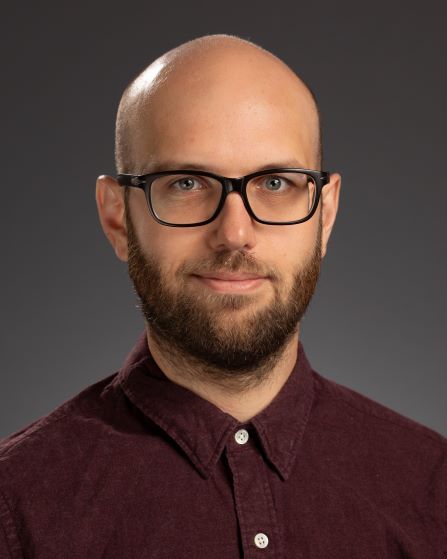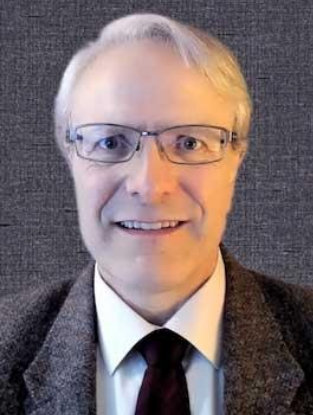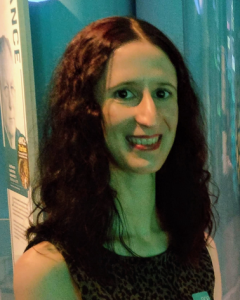
Date and time: February 16, 2022 | 12:30 pm to 3:15 pm (ET)
Event Program
Register for event here
Join us on GCCollab for updates and discussion
Speaker Biographies
|
|
Philippe Lamontagne (Master of Ceremonies)
Philippe Lamontagne, Research Officer, Cyber Security Team, National Research Council Canada
Philippe Lamontagne is a research officer in the cyber security team of the
National Research Council. He received his PhD from Université de Montréal in
2018. His areas of expertise are cryptography and quantum information. He
studies the use of quantum information for cryptographic tasks from lesser
assumptions and the provable security of cryptographic protocols against quantum
adversaries. He also has interest in the security of classical cryptography
against quantum adversaries, also known as post-quantum cryptography, and in
cryptographic solutions to privacy.
|
|
|
Joel David Martin
Chief Digital Research Officer, National Research Council of Canada
Dr. Joel Martin is the Chief Digital Research Officer of the National Research Council of Canada (NRC), overseeing the Digital Technologies Research Centre. He holds a Ph.D. in Computer Science, Machine Learning, from the Georgia Institute of Technology and completed post-doctoral studies at the University of Pittsburgh. Dr. Martin has received awards for exceptional leadership and for innovative approaches to technology transfer. He has published dozens of peer-reviewed research articles and taught Computer Science courses at both the University of Ottawa and Carleton University. Since joining the NRC in 1994, he has been a researcher and served in multiple leadership roles in the Digital Technologies Research Centre, including Director General, Senior Director, Director of Research and Development, Program Lead of the Multimedia Analytic Tools for Security program, Team Leader, and project lead.
His strategic leadership has resulted in an increase in the impact of digital technology research at the NRC and beyond, including advances and applications in data science and analytics, quantum computing, artificial intelligence (AI) and machine learning, machine translation, computer vision and graphics, cybersecurity, human-computer interfaces, natural language processing, medical and bioinformatics, and the Internet of Things (IoT). For example, under his leadership, the Research Centre has been successful in introducing digital technologies to detect disease outbreaks, some of which are now used worldwide, and digital technologies that promote Indigenous languages in Canada.
In addition, Dr. Martin has established research and development programs drawing interest and collaboration from universities and other government departments. These initiatives include the NRC's Data Analytics Centre, the Multimedia Analytic Tools for Security program, and the AI for Design Challenge program. They have increased both scientific output and impact of the NRC's Digital Technologies Research Centre to Canada and Canadians.
|
|
|
Olivia Di Matteo
Assistant Professor, Electrical and Computer Engineering, University of British Columbia
Olivia Di Matteo joined the Electrical and Computer Engineering department at UBC as an Assistant Professor in January 2022. She obtained her PhD at the University of Waterloo and Institute for Quantum Computing in 2019 in Physics (Quantum Information). Following her PhD, she worked as a Quantum Information Science Associate at TRIUMF, and subsequently as a Quantum Computing Educator and Researcher at the Toronto-based quantum startup Xanadu. Her research interests in quantum computing include compilation, circuits and algorithms; tomography and characterization; open-source quantum software; and education
|





